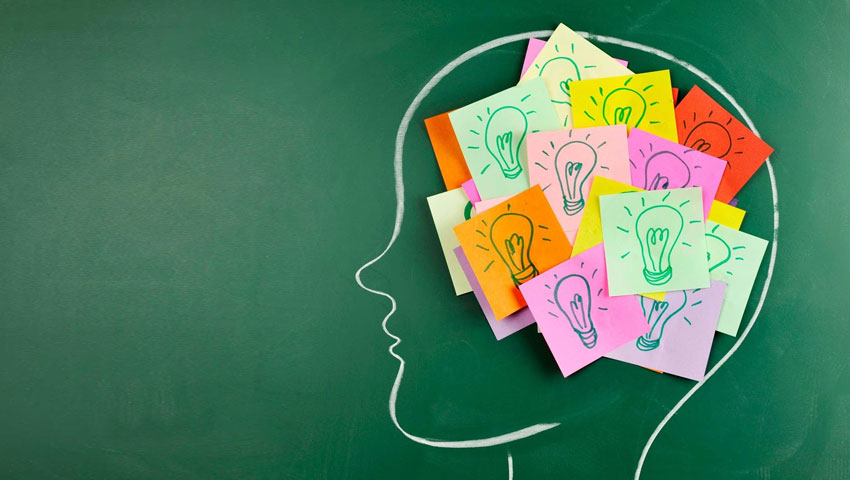
The Science of Memory: How to Retain Information Like a Pro
Understanding How Memory Works
Memory is one of the brain’s most vital functions, allowing us to absorb, store, and retrieve information. Whether preparing for exams or mastering new skills, understanding how memory works can significantly improve retention. The process of memory involves three key stages: encoding, storage, and retrieval. Encoding occurs when information enters the brain through sensory input, such as reading or listening. The brain then organizes and stores the information for future use. When needed, the brain retrieves stored information, allowing us to recall past experiences, facts, or learned skills.
For students, the challenge lies in ensuring that information moves from short-term memory, which lasts only a few minutes, to long-term memory, where it becomes more permanent. Neuroscience offers several effective techniques to make this process more efficient.
Spaced Repetition: Strengthening Memory Over Time
One of the most effective ways to retain information is through spaced repetition, a method that involves reviewing material at increasing intervals over time. Research shows that cramming may help with short-term recall but is ineffective for long-term retention. Instead of studying everything in one sitting, reviewing key concepts at spaced intervals helps reinforce memory and prevent forgetting.
For example, revisiting material after a day, a week, and then a month allows the brain to strengthen neural connections. Digital tools like Anki and Quizlet incorporate spaced repetition algorithms to help students optimize their study schedules. This method ensures that information is reviewed just before it is forgotten, solidifying it in long-term memory.
Active Recall: The Power of Self-Testing
Many students passively re-read their notes, assuming repetition alone will lead to better memory. However, research suggests that active recall is far more effective. This technique involves actively retrieving information from memory rather than simply reviewing it.
Instead of reading a textbook and highlighting key points, students should close their books and attempt to recall key concepts from memory. This can be done by summarizing information out loud, writing down what they remember, or using practice quizzes. Teaching the material to someone else is another powerful way to reinforce understanding, as explaining a concept requires deeper processing and solidifies memory retention.
The Connection Between Sleep and Memory Consolidation
Many students sacrifice sleep to study longer hours, believing it will improve their performance. However, sleep plays a crucial role in memory consolidation. During sleep, the brain organizes and strengthens new information, making it easier to recall later.
Studies indicate that both deep sleep and REM sleep are essential for learning. Without enough rest, the brain struggles to retain new information effectively. To maximize memory consolidation, students should aim for at least seven to nine hours of sleep each night and avoid studying late into the night. Developing a regular sleep schedule, avoiding caffeine before bedtime, and minimizing screen exposure before sleep can further enhance memory retention.
Using Mnemonics and Association Techniques
Another effective way to improve memory is by using mnemonic devices and association techniques. Mnemonics are memory aids that help encode information in a way that makes it easier to recall.
For instance, acronyms like HOMES (representing the Great Lakes: Huron, Ontario, Michigan, Erie, and Superior) simplify complex information into an easy-to-remember format. Similarly, the method of loci, also known as the "memory palace" technique, involves associating pieces of information with specific locations in a familiar setting. This method has been used by memory champions to recall vast amounts of data.
Associating new information with something familiar also enhances memory retention. For example, linking a historical event to a personal experience or creating vivid mental images can make abstract concepts more concrete and easier to remember.
The Impact of Diet and Exercise on Memory
Cognitive function is closely linked to physical health. Proper nutrition and regular exercise can significantly enhance memory retention. Foods rich in omega-3 fatty acids, such as salmon and walnuts, support brain health. Antioxidant-rich foods like blueberries help protect brain cells from damage. Staying hydrated is equally important, as dehydration can impair cognitive function.
Exercise also plays a crucial role in memory. Physical activity increases blood flow to the brain, promoting the growth of new neurons and enhancing cognitive performance. Even moderate exercise, such as walking or stretching, can improve focus and retention.
Building a Memory-Boosting Study Routine
To retain information more effectively, students should establish a study routine that incorporates scientifically proven techniques. A structured approach that includes spaced repetition, active recall, and mnemonic strategies can lead to significant improvements in memory retention.
Creating an optimal study environment is also essential. A quiet, well-lit space free from distractions allows the brain to focus better. Breaking study sessions into manageable chunks with short breaks in between prevents cognitive fatigue and keeps the brain engaged.
By understanding how memory works and applying these research-backed strategies, students can enhance their ability to retain and recall information, leading to better academic performance and lifelong learning success.









